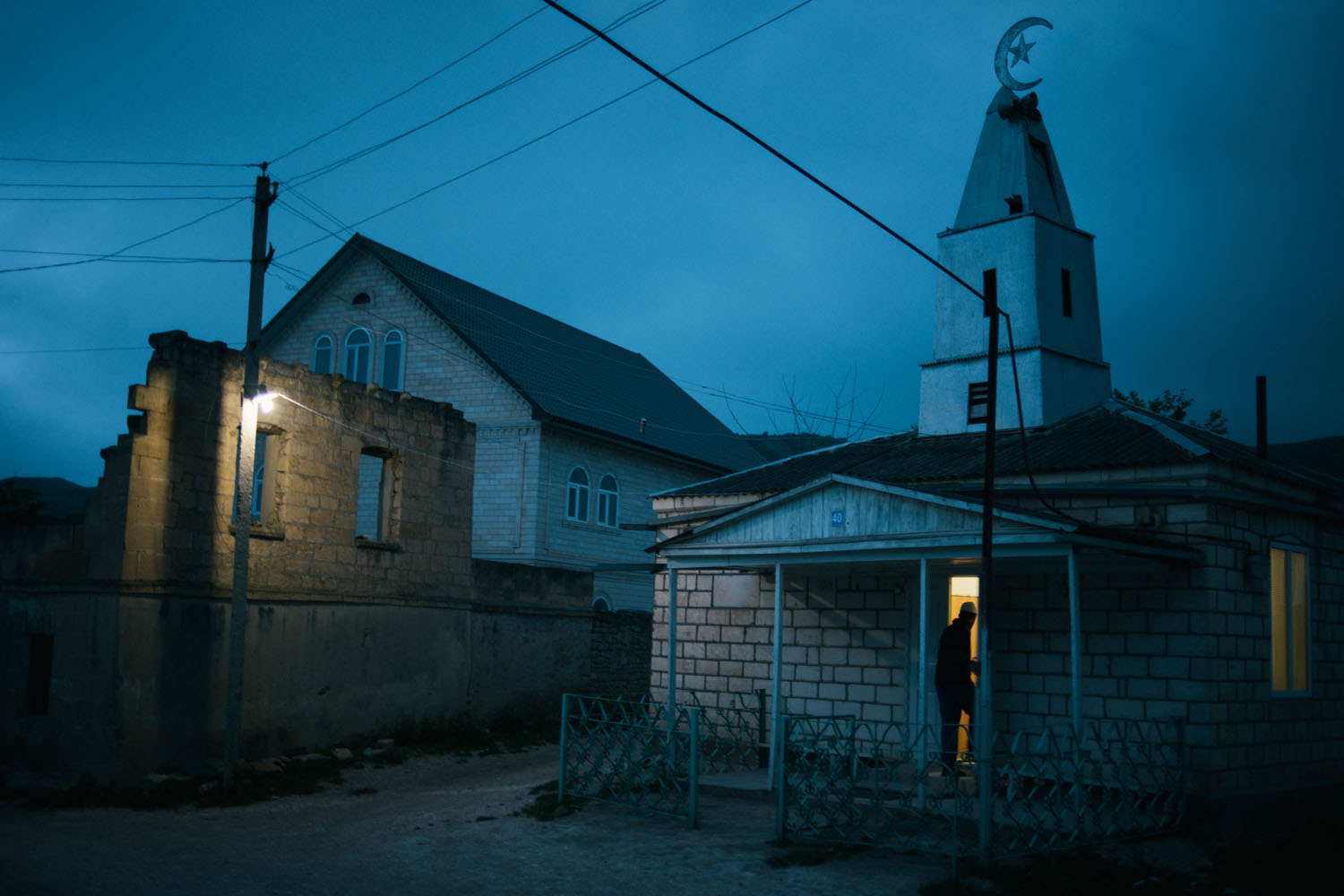
On April 19, when the FBI announced that two brothers from southern Russia had bombed the Boston Marathon, the world’s attention quickly turned to where these brothers had come from — a lush strip of highlands called Dagestan, which stretches along the western shore of the Caspian Sea. The elder of the two suspected bombers, Tamerlan Tsarnaev, had spent half of last year in this region of Russia, visiting his parents and reconnecting with his relatives. He also spent a lot of time hanging out with local adherents of Salafism, the fundamentalist brand of Islam that Tsarnaev also seems to have embraced.
Since the bombings in Boston, TIME has spent three weeks in Dagestan trying to learn what, if anything, the region’s Islamists had to do with Tsarnaev’s radicalization (to read the article, which is available to subscribers, click here). The search wound through nearly a dozen cities, towns and villages in Dagestan, along the rutted roads of the Caucasus mountains and into the neighboring region of Chechnya. It went inside the local Salafi mosques and the homes and neighborhoods of their congregants. What emerged was the image of a region trapped in a spiral of violence, one perpetuated as much by local security services as by the militants they hunt.
The region’s insurgency and counterinsurgency have killed thousands of people over the last decade and shaped the lives of many more. They also shaped the ideas of jihad that Tsarnaev brought with him to Dagestan last year, as well as the beliefs that he apparently took back to Boston.
Simon Shuster is TIME’s Moscow reporter. Follow him on Twitter @shustry.
Dmitry Kostyukov is a freelance photographer based in Moscow. Kostyukov previously covered conflict in Georgia, Afghanistan and Israel for AFP.
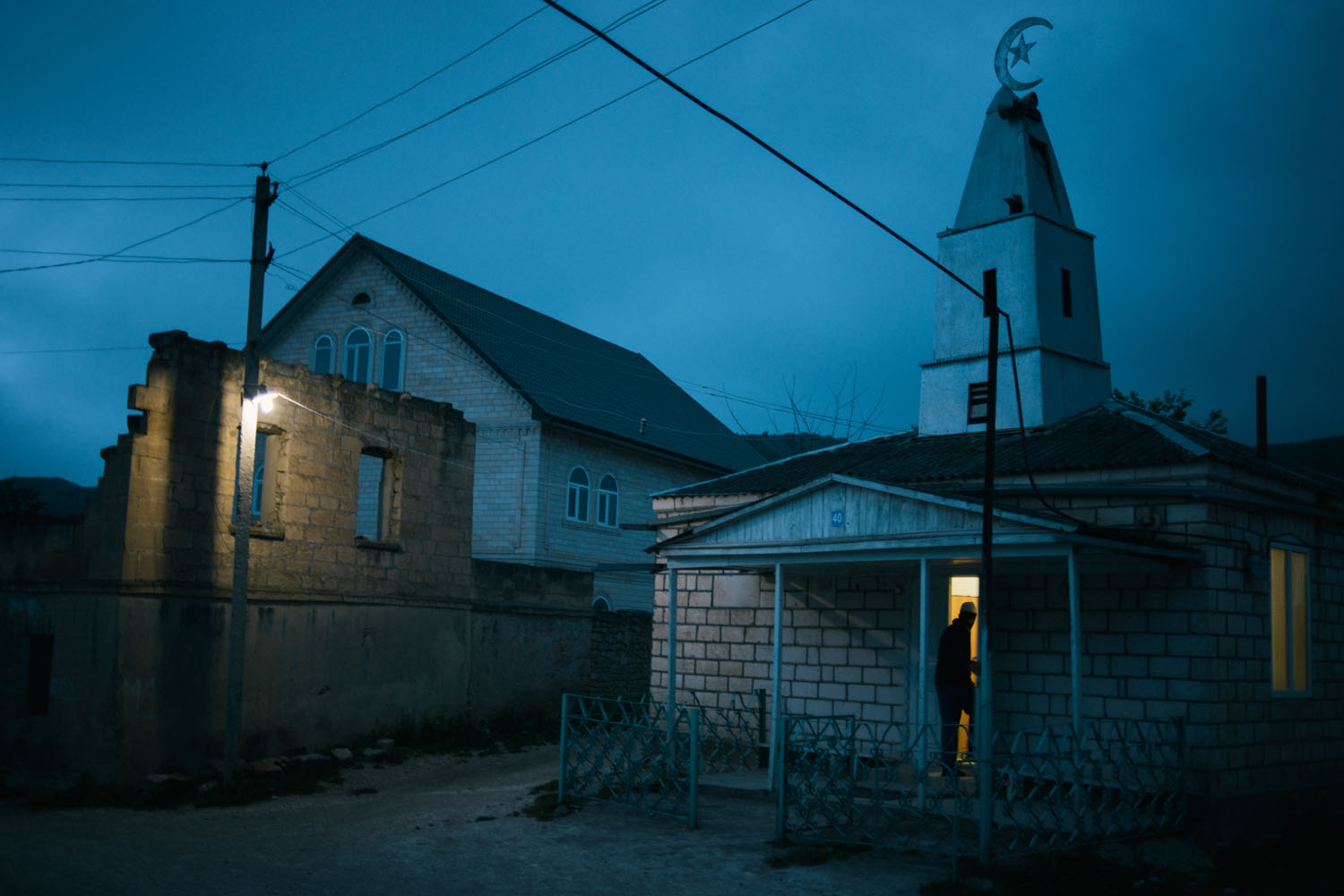
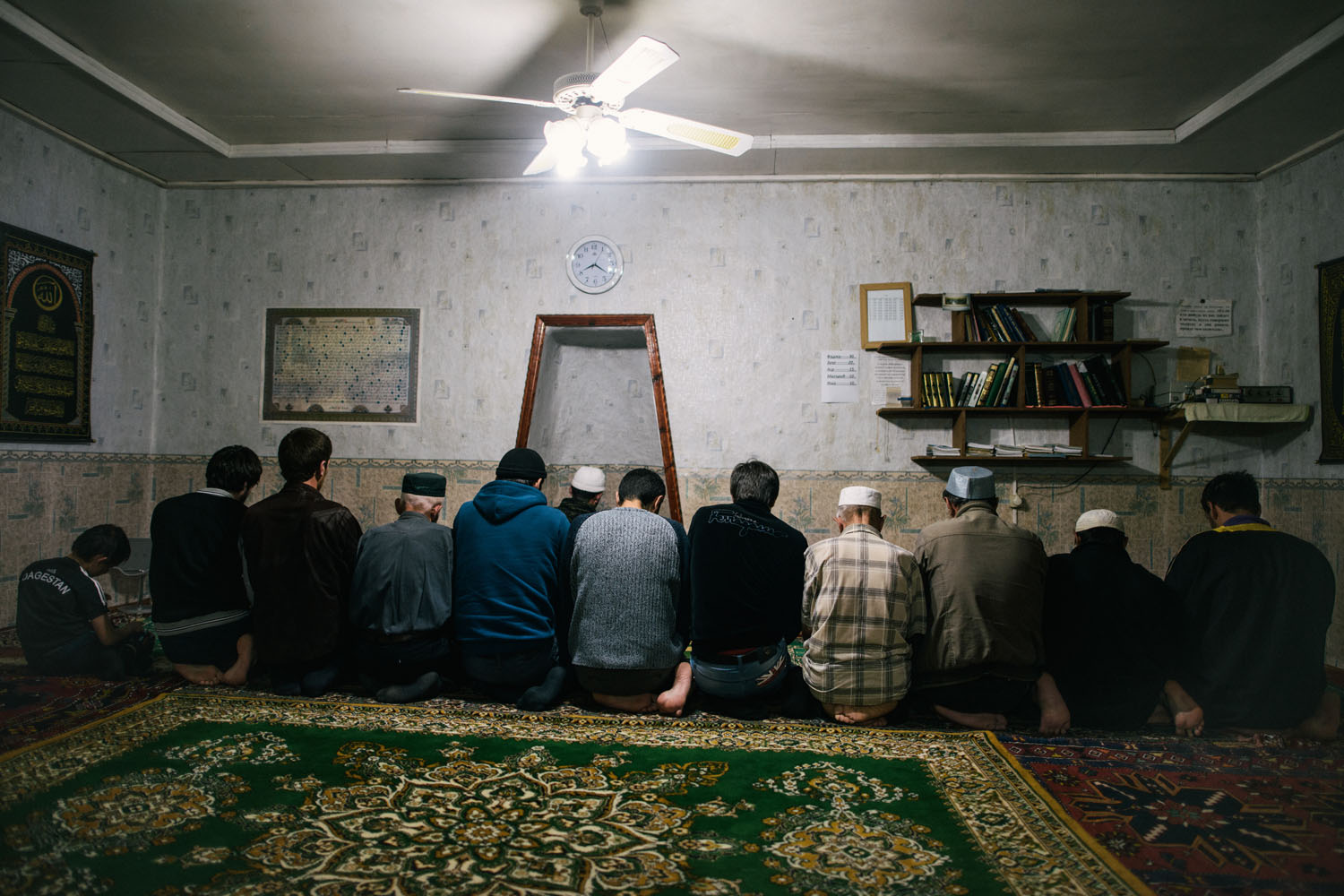
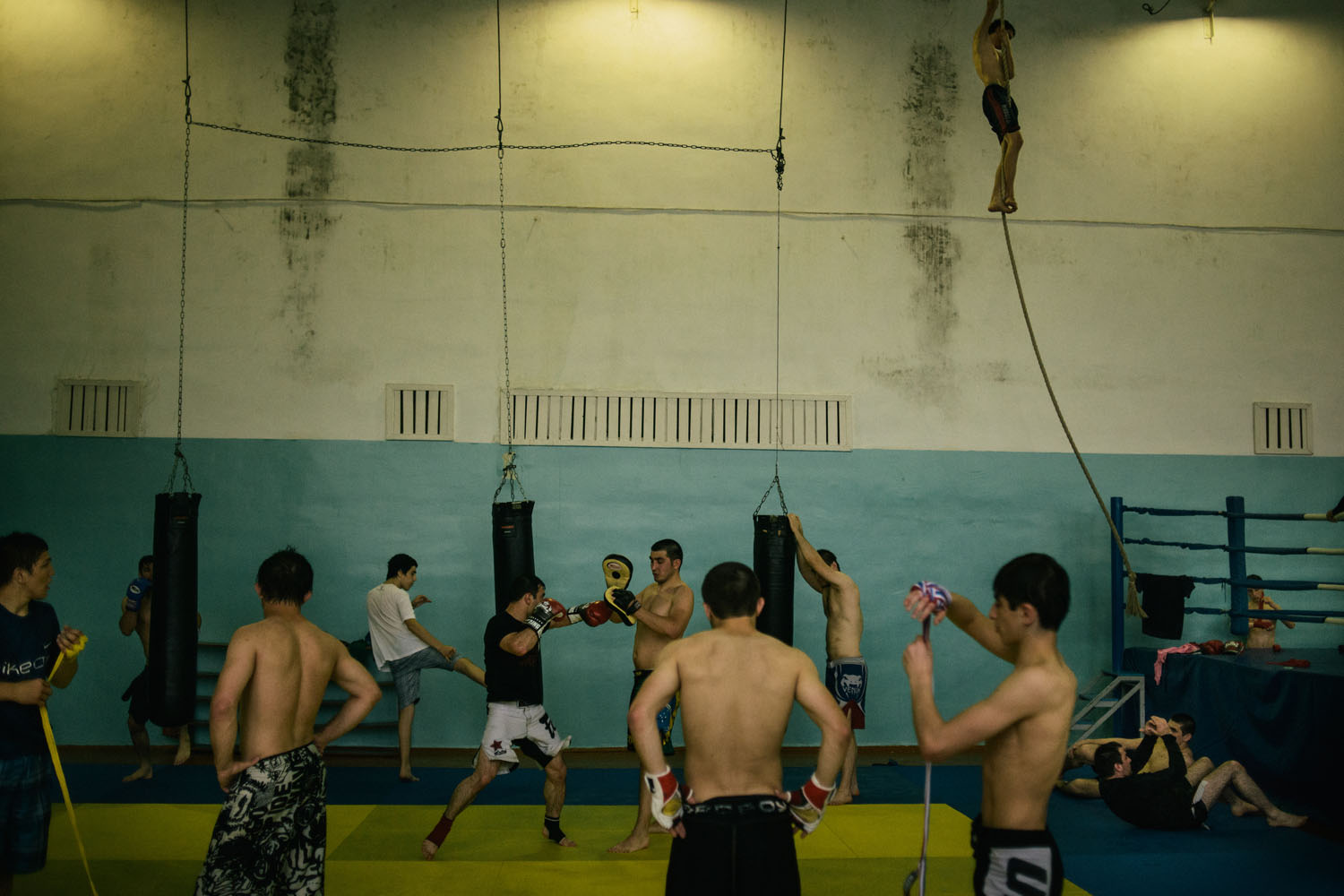
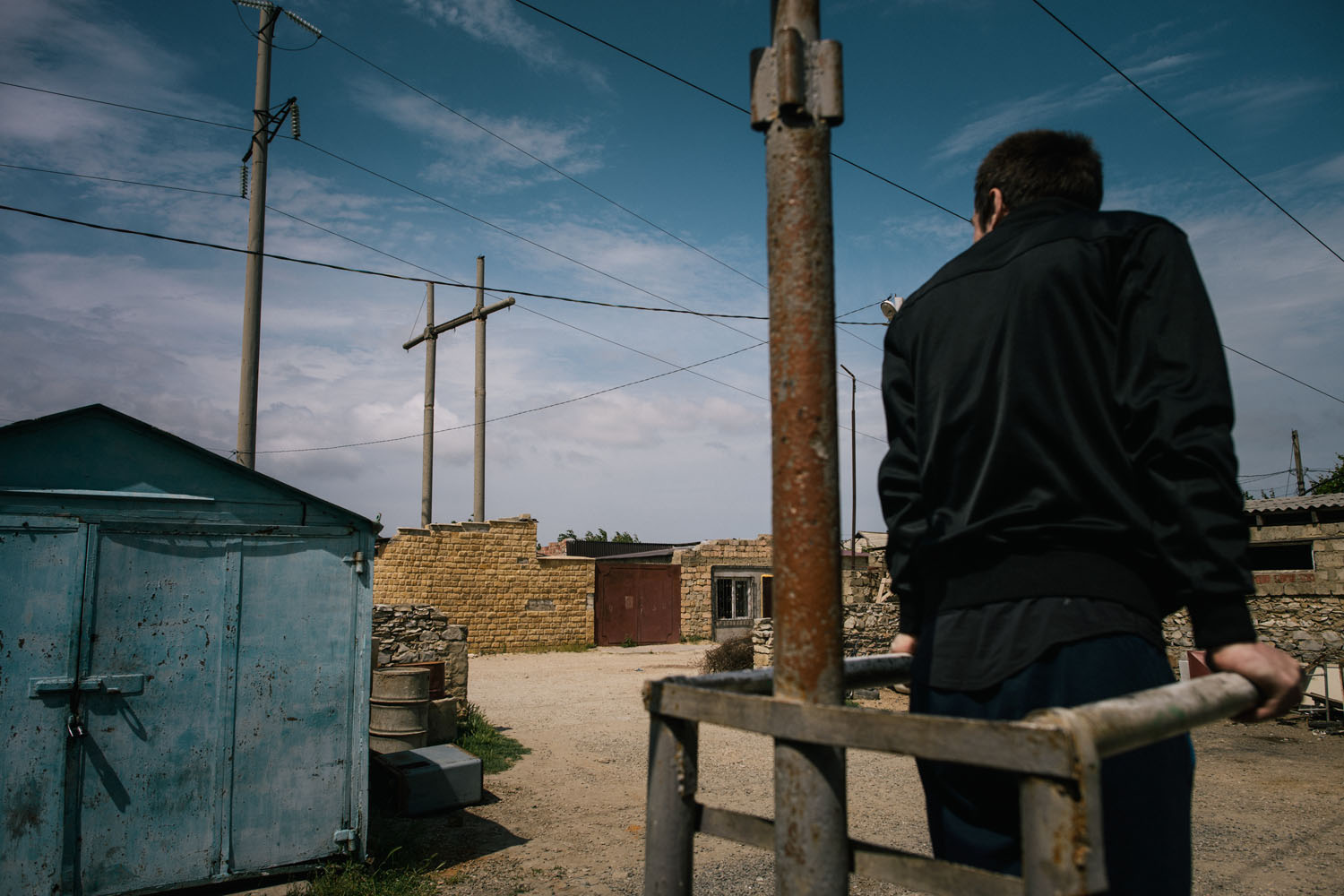
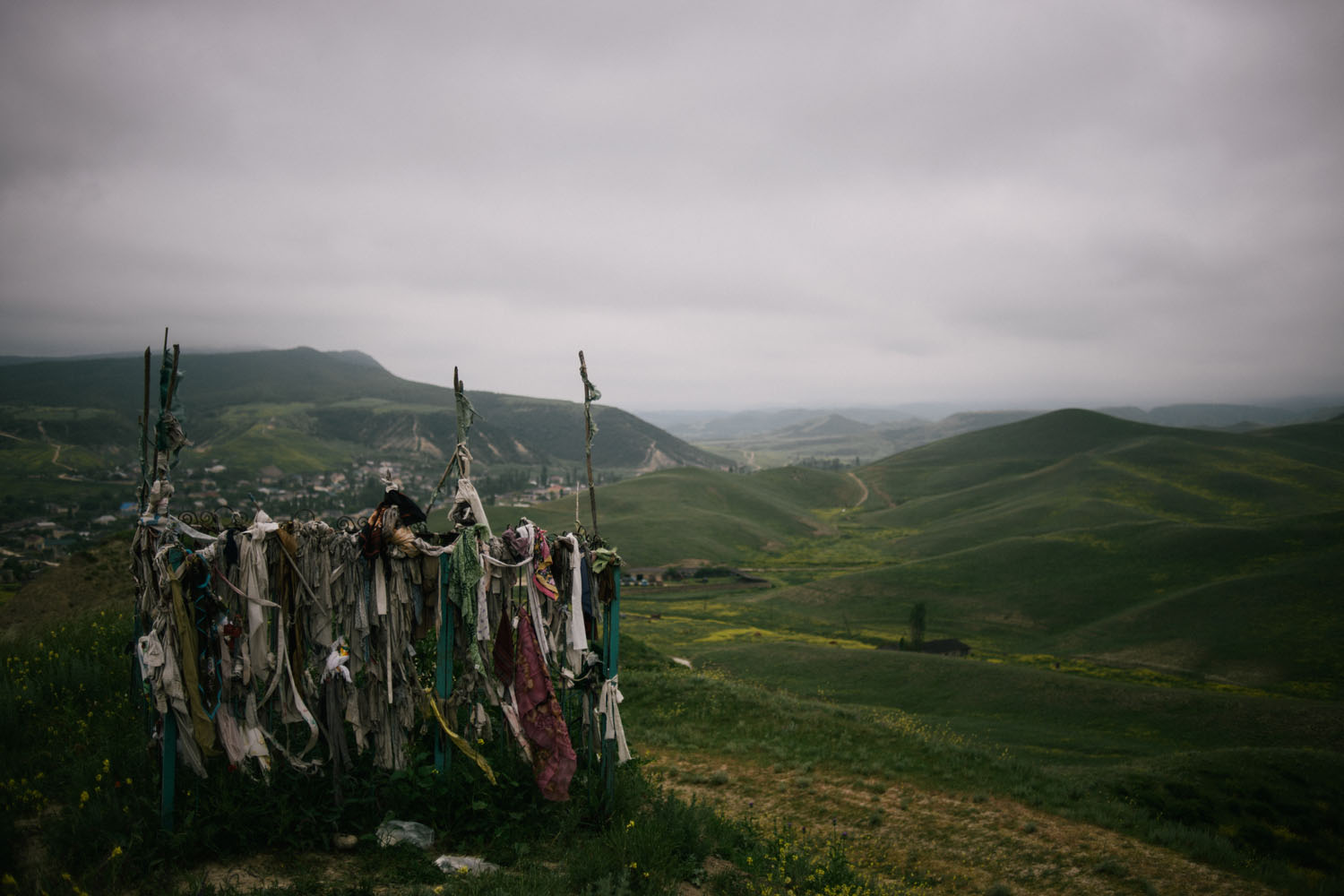
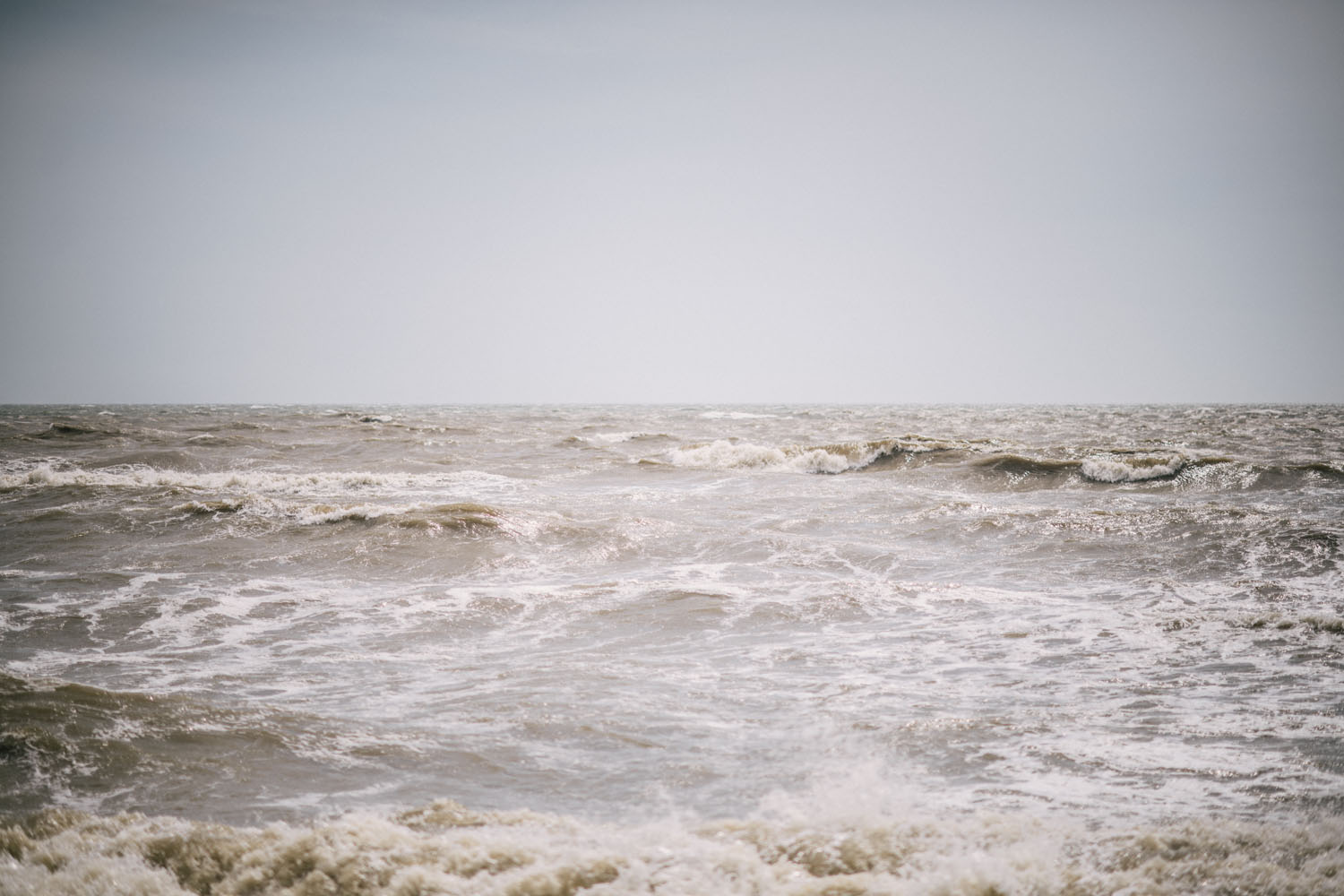
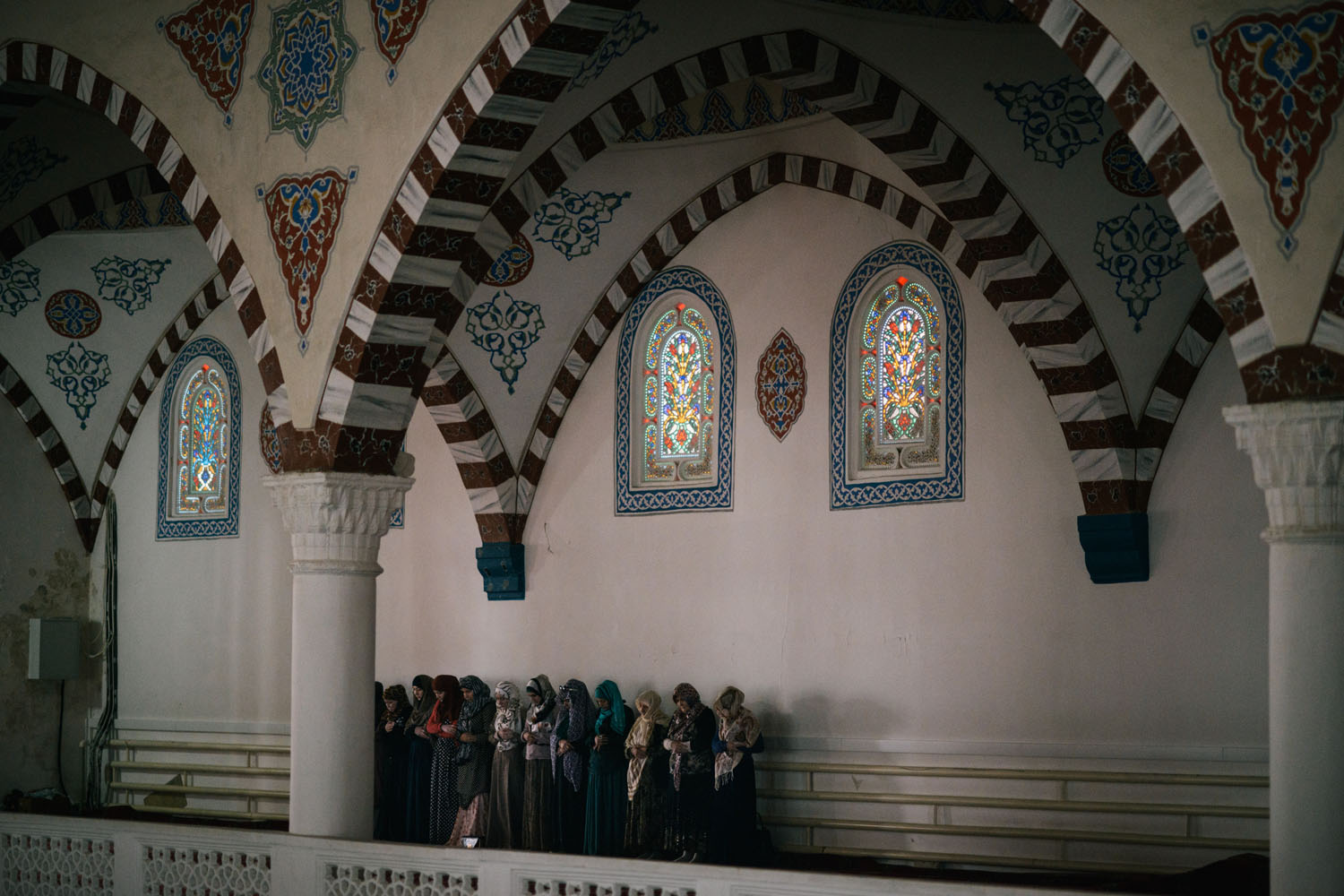
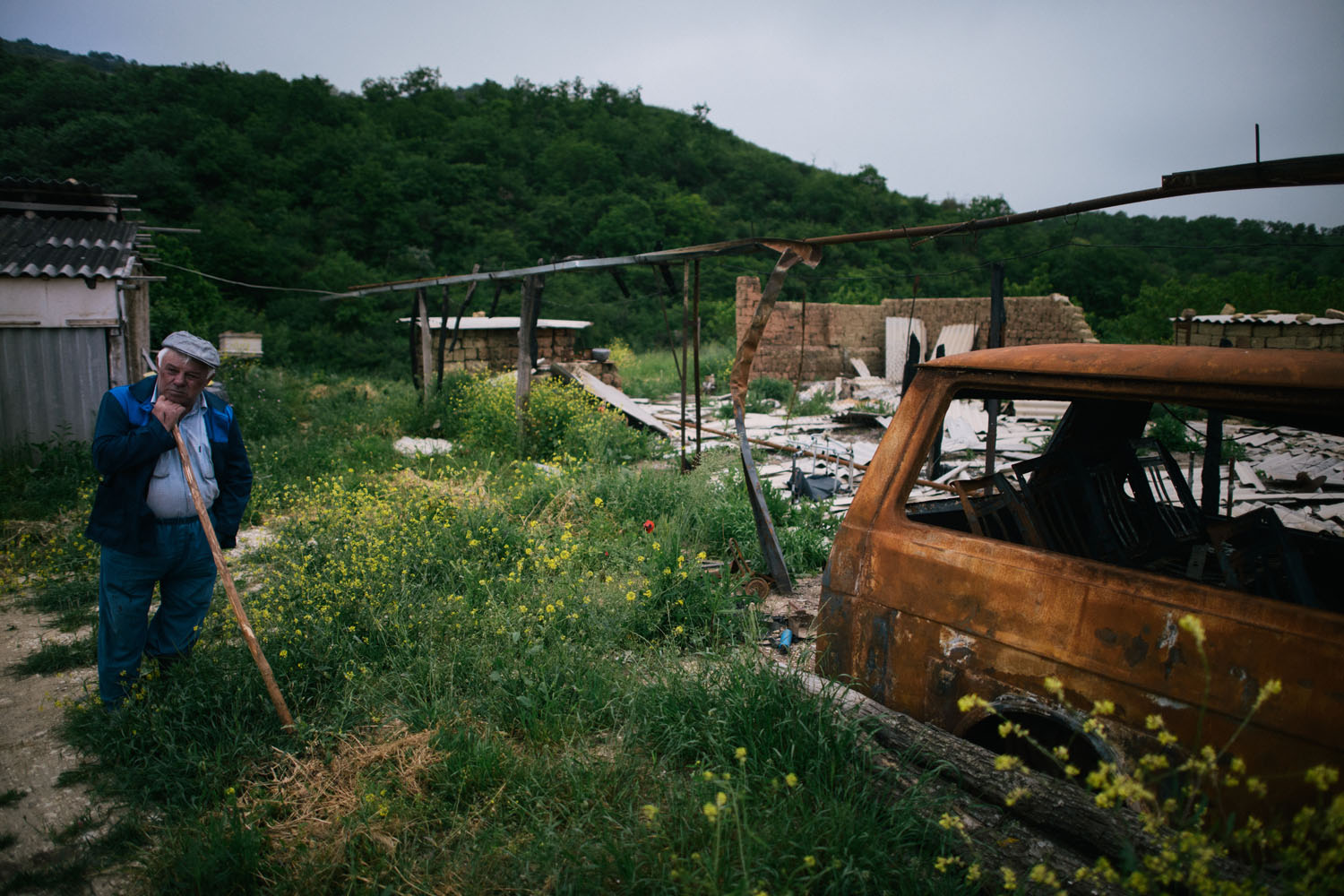
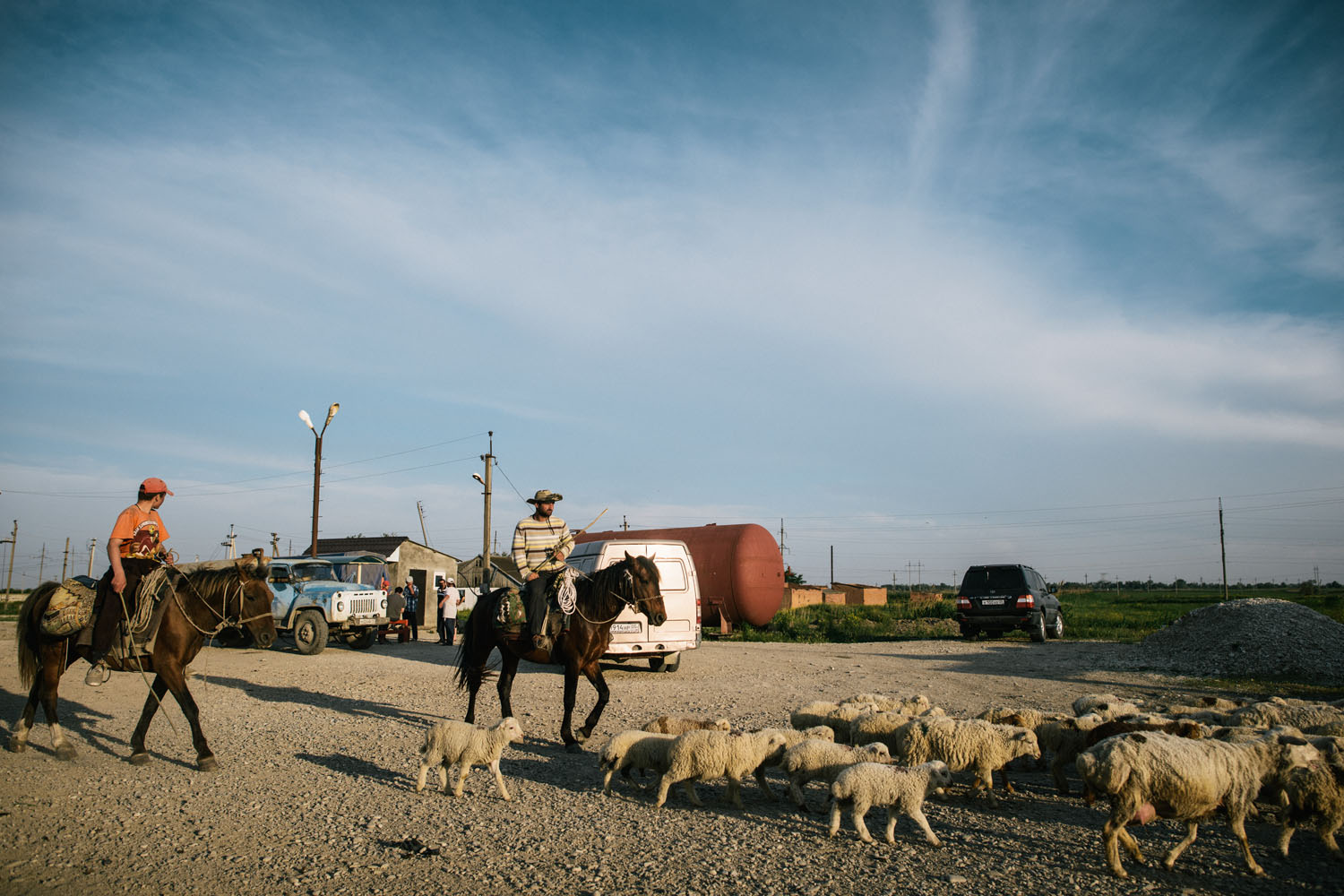
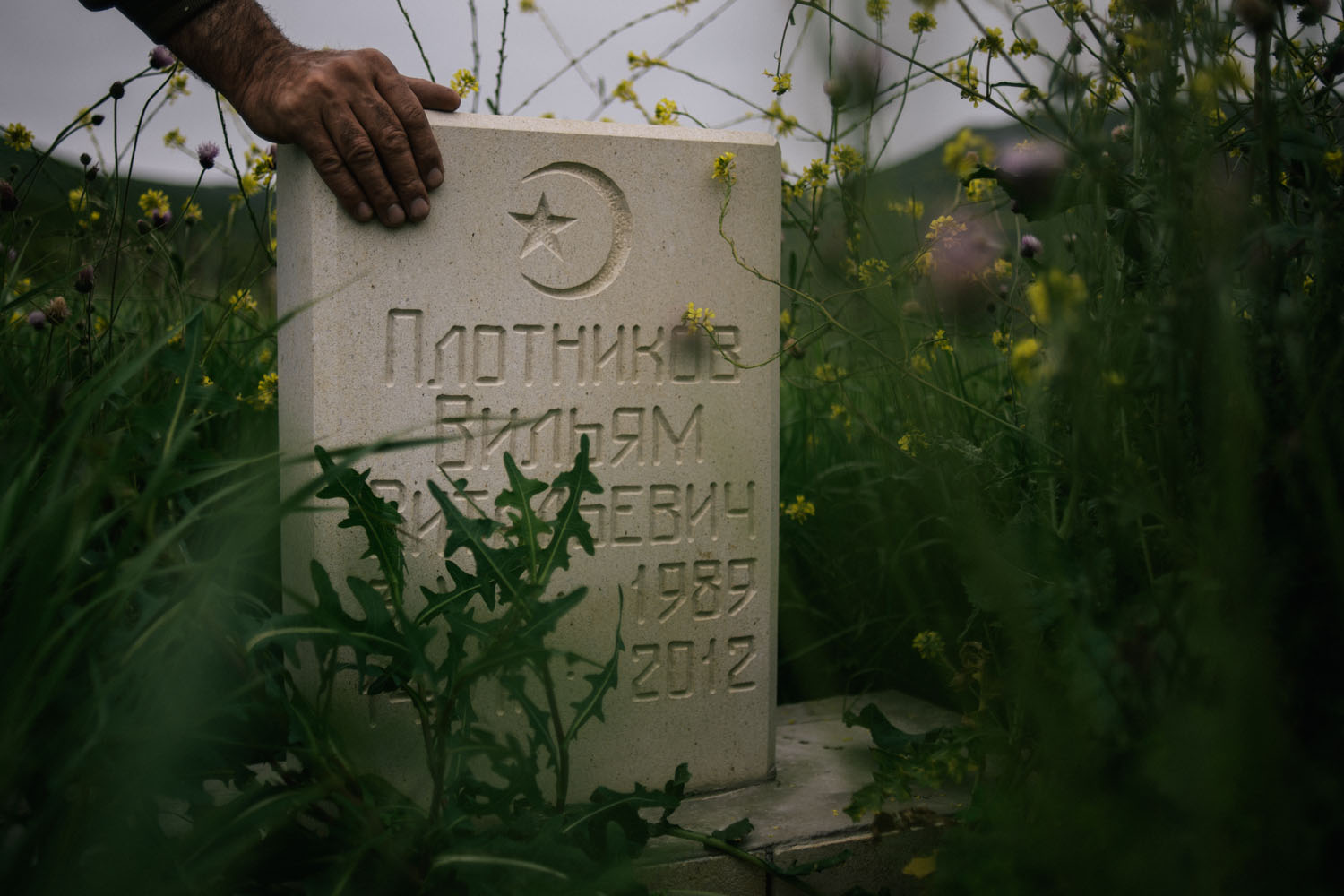
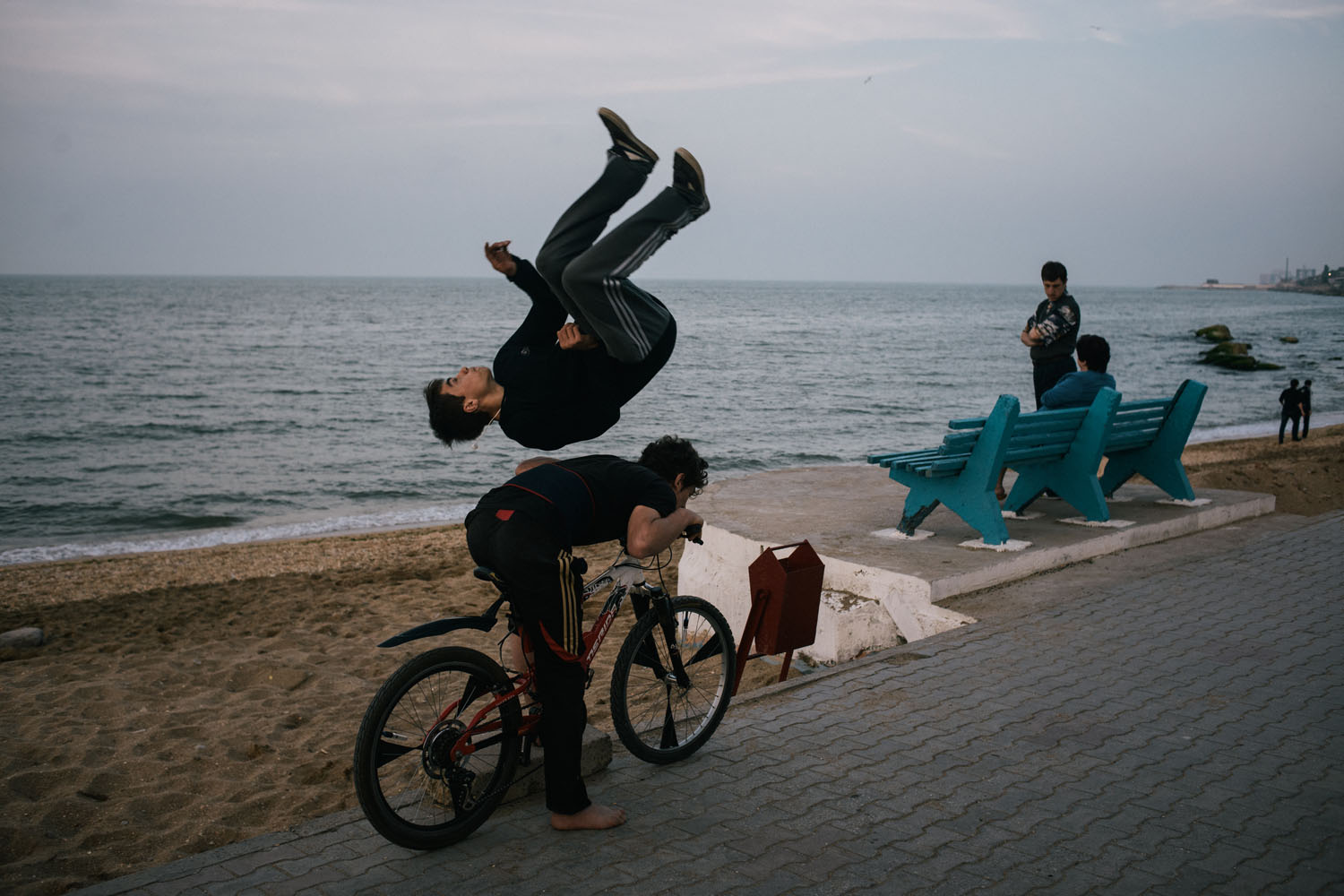
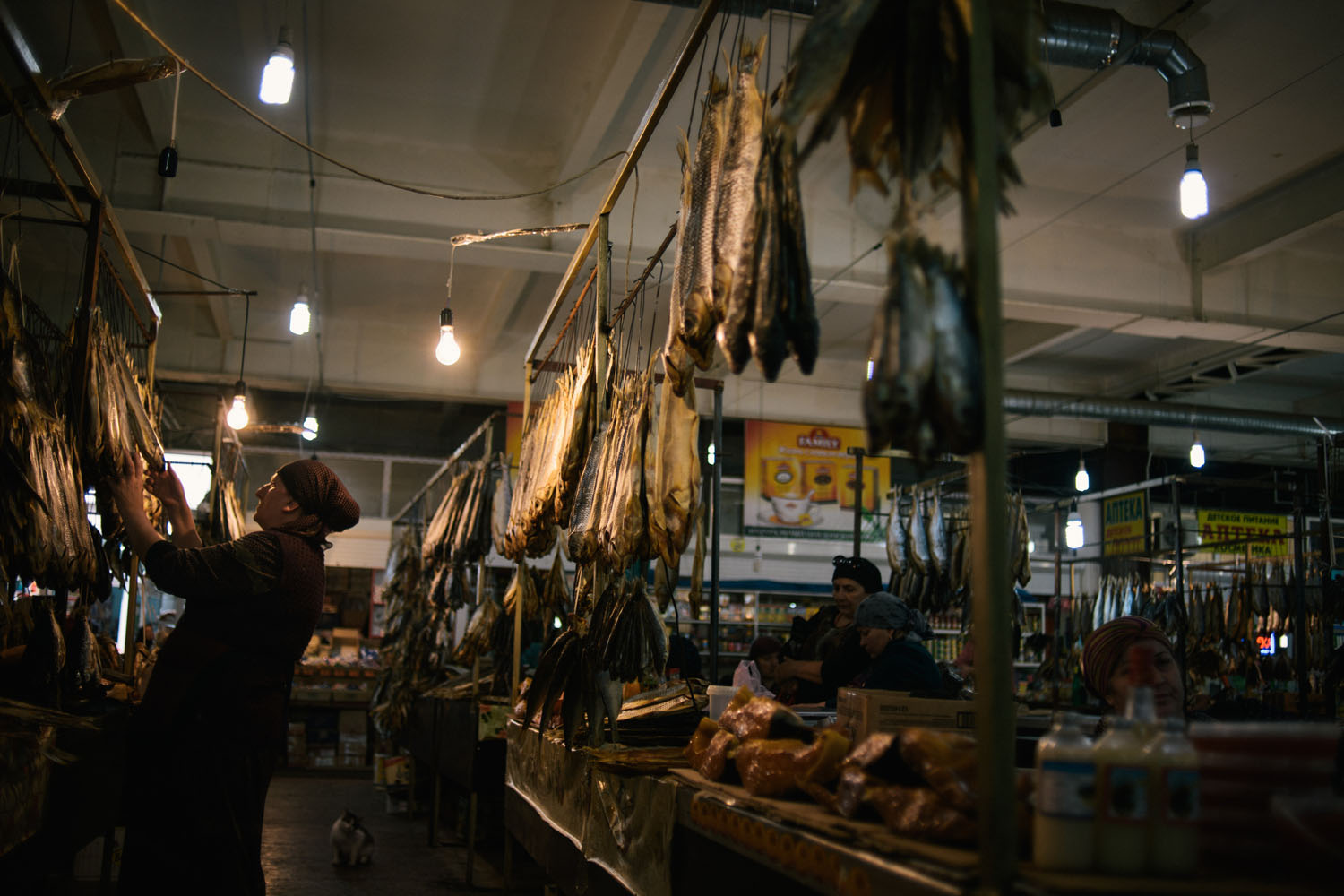
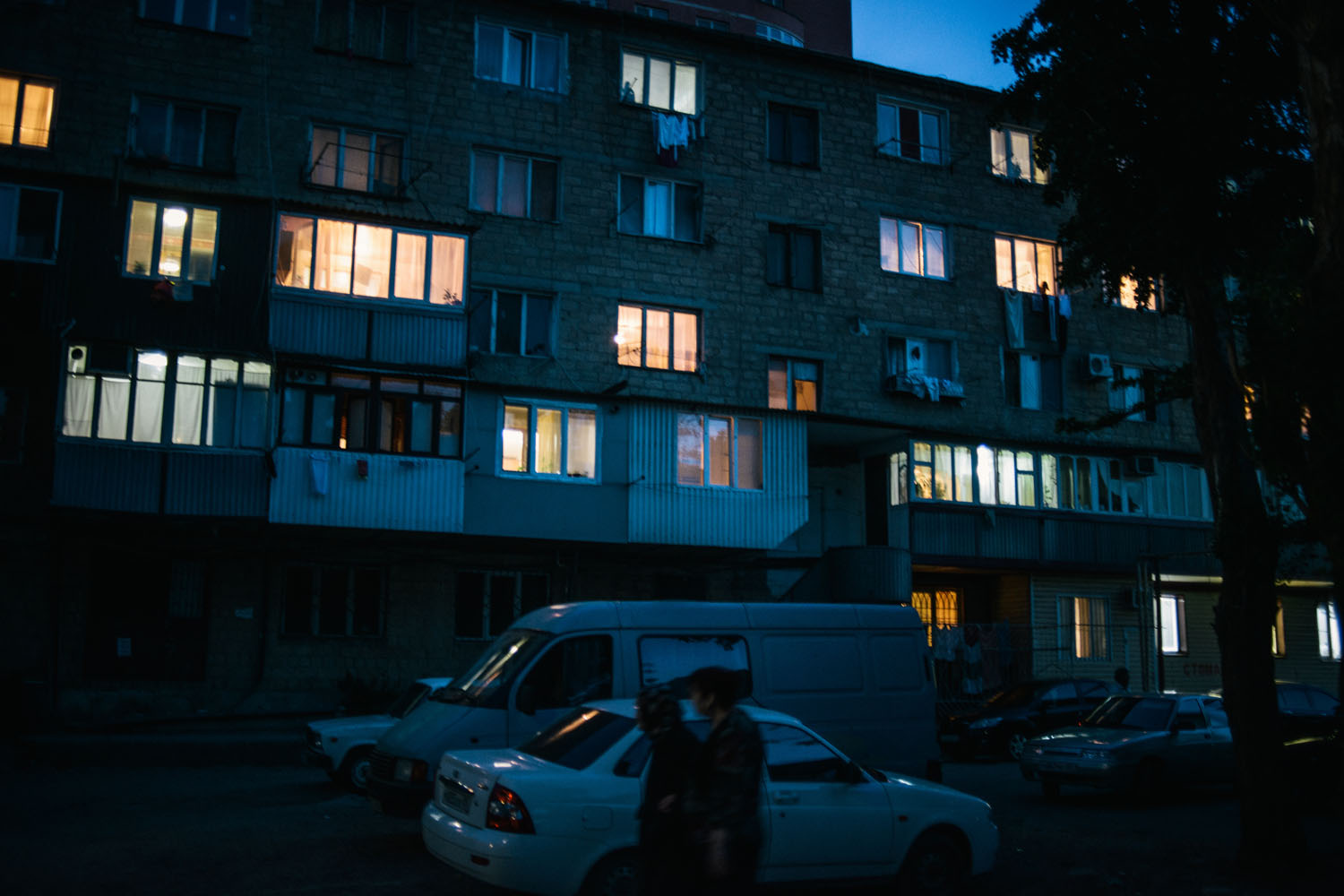
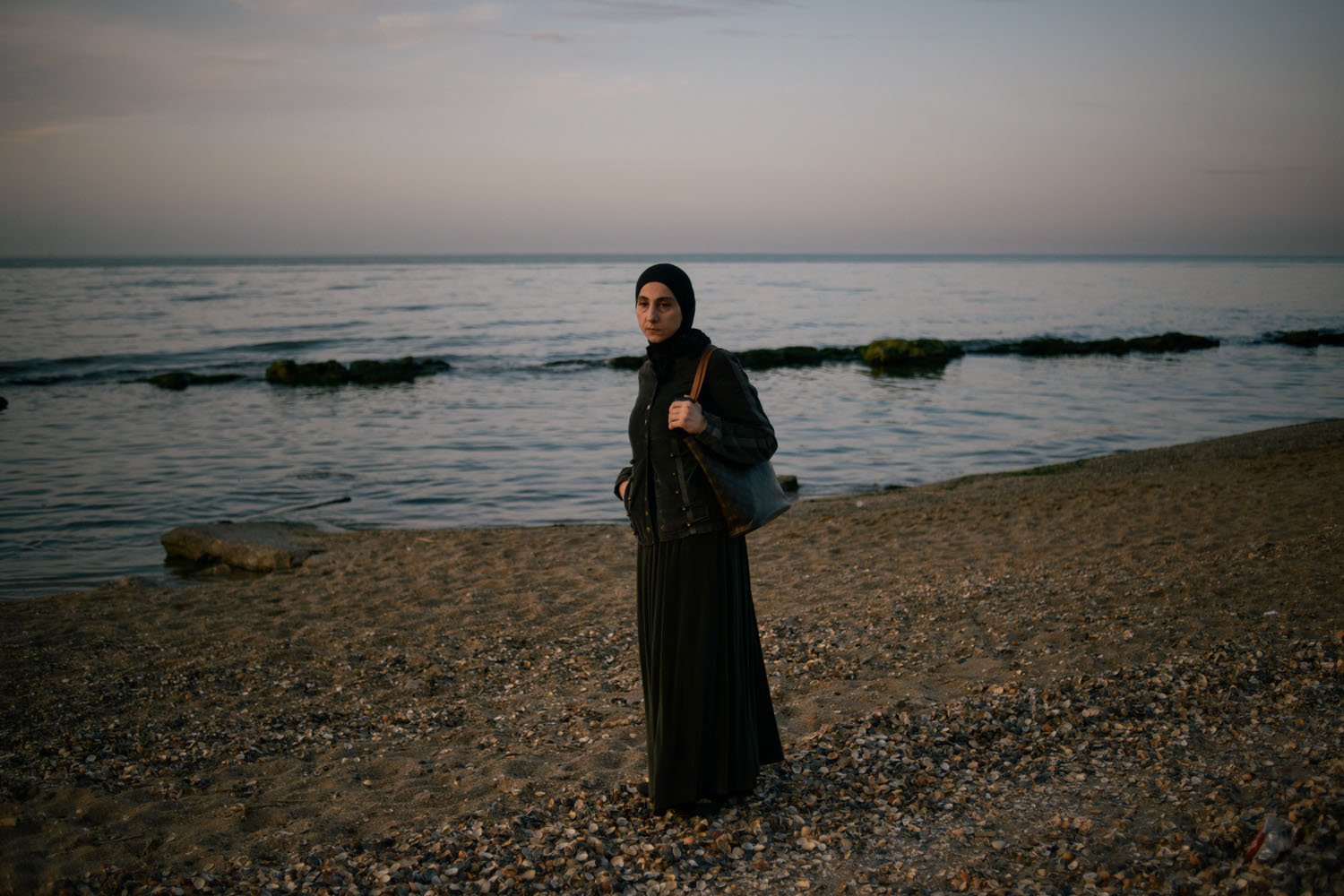
More Must-Reads from TIME
- Donald Trump Is TIME's 2024 Person of the Year
- TIME’s Top 10 Photos of 2024
- Why Gen Z Is Drinking Less
- The Best Movies About Cooking
- Why Is Anxiety Worse at Night?
- A Head-to-Toe Guide to Treating Dry Skin
- Why Street Cats Are Taking Over Urban Neighborhoods
- Column: Jimmy Carter’s Global Legacy Was Moral Clarity
Contact us at letters@time.com